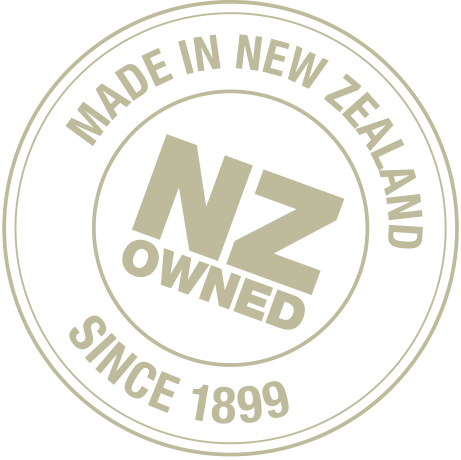Expert knowledge. Expert opinion.Expert formulas.


Dairy Starch Pellet (NORTH ISLAND)
Mass produced, low protein, high energy compound feed for lactating dairy cows
A grain based, PKE free, compounded pellet feed specifically formulated to deliver higher levels of fermentable energy and fortified with essential major minerals.
NRM Dairy Starch Pellets contain:
- A high level of starch from grains in addition to sugar from molasses, which are readily fermentable and can help stimulate milk protein production.
- Added calcium (8.5g/kg), magnesium (5g/kg) and sodium (3.8g/kg) to help meet the needs of lactating animals.
- Hammer milled and pelleted ingredients to ensure good utilisation with minimal waste and appeal compared to dry rolled grains.
- No added trace minerals, so a good option for farmers who prefer to deliver trace minerals via other routes.
Feeding recommendation
Typical feeding rates are 1-4kg/head/day. If cows are not currently fed grain or pellets, introduce Dairy Starch Pellets at 0.5-1kg per milking (1-2kg/day) and gradually increase by 0.15kg/ day until the desired intake has been achieved.
Always provide access to long forage and clean drinking water.
To discuss the optimum feeding levels and diet for your herd, please call your local NRM Nutrition Specialist.
Ingredients selected from
Barley, maize and wheat grains, grain by-products, soy hulls, vegetable oils and fats, molasses, flavour, limestone, magnesium oxide and salt.
NRM Dairy Starch Pellets do not contain PKE.
Typical analysis (approximate on a DM basis)
| Energy* | 12.8MJ ME/kg |
| Crude Protein | 9% |
| Starch & Sugar | 50% (min) |
| NDF | 18% (max) |
*Metabolisable Energy (ME) values are calculated from an equation and are not an actual measured value but should provide a reasonable guide to the energy content of the feeds. Information is accurate at the time of going to print but specifications may vary over time.
NOTICE – CONTAINS ADDED MAGNESIUM OXIDE
The feeding of this product to dairy cows may increase their risk of clinical salmonellosis. It is recommended that veterinary advice is obtained to ascertain potential risks associated with the use of this product in your environment before product is used.

